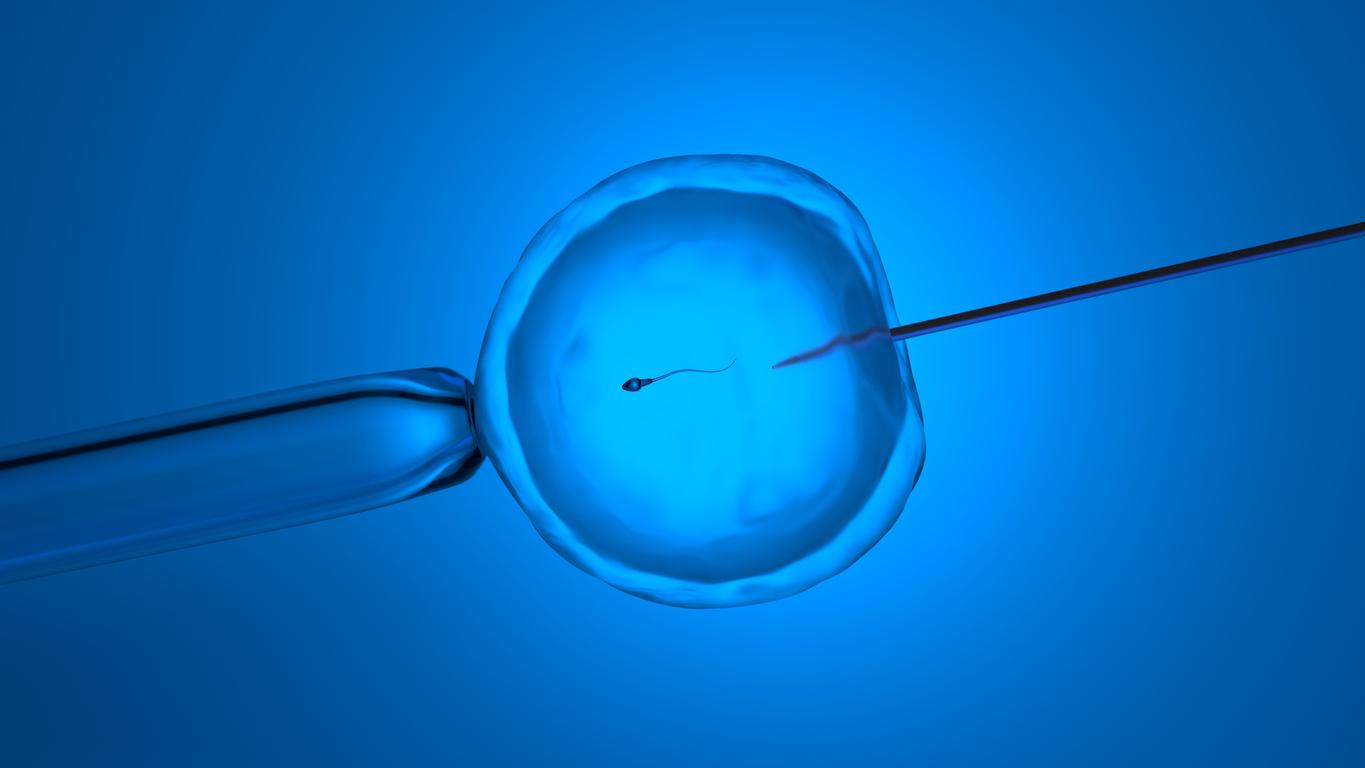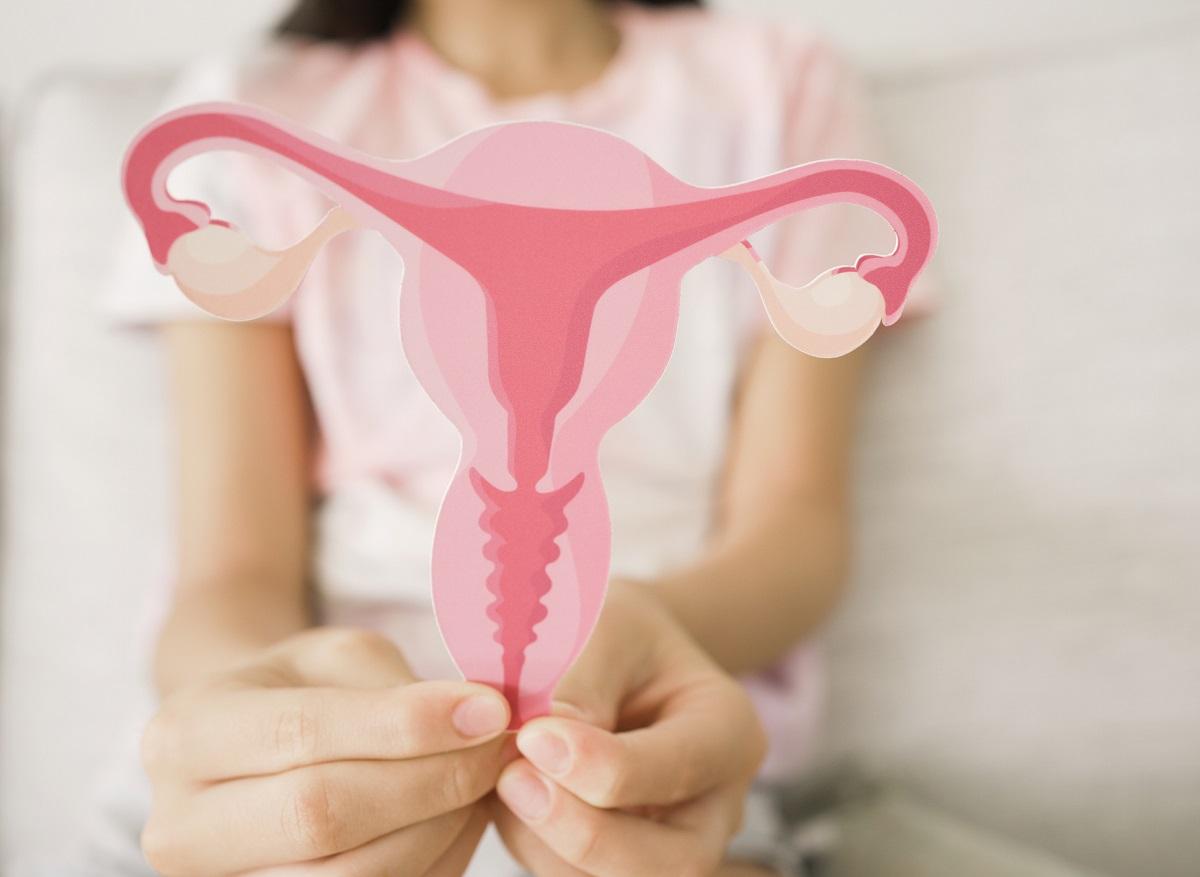Quats are used as antiseptics in toothpastes, mouthwashes, lozenges, nasal sprays, eye drops, shampoos, lotions, intra-vaginal spermicidal sponges, and household cleansers. But these quaternary ammonium compounds, would inhibit the mitochondria of the cell, as well as their estrogenic functions, thus would harm reproduction, according to the results of a study. study published in the medical journal Environmental Health Perspectives. However, they are now in the process of replacing the triclosan.
Reduce the energy of mitochondria and disrupt reproductive function
Researchers at the University of California Davis in the United States analyzed more than 1,600 compounds in household and pharmaceutical products and identified multiple measures of mitochondrial function. The results of the study show that quats reduce the energetic function of the mitochondria, which is essential for the body to be efficient. These chemical compounds would also be involved in the alteration and disruption of cellular estrogenic functions. Guinea pigs exposed to these components could no longer reproduce.
As a result, researchers fear that the reproductive function human beings can also be disturbed and diminished by these chemicals.
“Because exposure to quats also interrupts the sex hormone’s response to estrogen in cells, it could also cause damage to the reproduction in animals or humans, ”said Gino Cortopassi at UC Davis School of Veterinary Medicine, author of the study.
“The disinfectants that we put in our bodies and use in our environment have been shown to inhibit mitochondrial energy production and the cellular response to estrogen,” said the researcher. “This raises concerns because exposure to other mitochondrial inhibitor drugs, such as rotenone and MPTP, is associated with an increased risk of Parkinson disease“.
Read also:
Male infertility: noise pollution is responsible
Fertility: diet affects the quality of sperm
Food: pesticides lower the quality of sperm

















